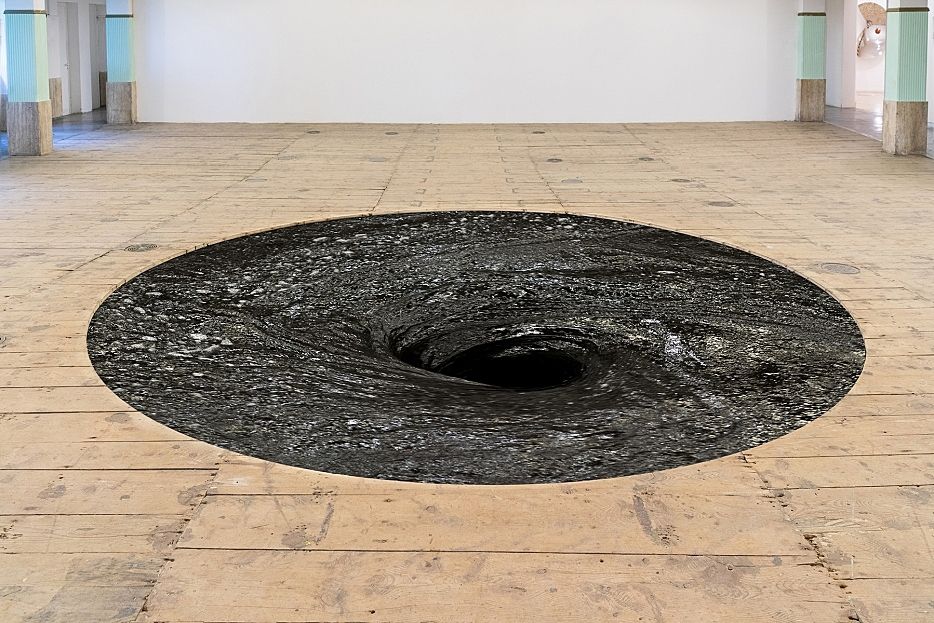A good decision. Now what?
Giovanni Tiso on Justice Clifford's decision in favour of Nicky Hager: why it's important, and why we should temper our optimism.
Yesterday, the High Court ruled that the police raid of Nicky Hager's home was unlawful. Giovanni Tiso looks at the decision: why it's important, why we should be optimistic, and why we shouldn't.
Sometimes you win by not losing, and it may be the best way to describe what happened here. It is not that the decision in favour of Nicky Hager in his case against the Police who raided his house was especially decisive, or that it will actively safeguard the practice of investigative journalism in the future. It’s that the opposite result would have made the practice all but impossible. Think about it: who, in our already thin corps of independent journalists prepared to interrogate not only the behaviour of this or that politician, but the workings of the state machine, could continue to do it under the always present, latent threat of the Police breaking into their house and taking away all their working documents and tools?
In reaching his decision, Justice Clifford found that the Police had failed to meet the lowest possible threshold for a search warrant application. This is the so-called ‘duty of candour’, which requires that the issuing officer be informed of all the salient aspects of the case. In this instance, the Police failed to inform Judge Malosi of the Manukau District Court that Hager was a journalist, opting to call him a political author instead. As a consequence, no arguments were put in front of the judge to justify why the extraordinary step of searching a journalist’s house cleared the necessary legal tests.
During the High Court review, the Crown went as far as to suggest that Judge Malosi ought to have known that Hager was a journalist, due to the high visibility of the case, and that this somehow dispensed with their duty of candour and the legal questions they ought to have disclosed. In rather terse fashion, Justice Clifford writes, ‘those are not propositions which I accept’.
In finding the warrant – and therefore the search – ‘fundamentally unlawful’ on these most basic of grounds, Justice Clifford opted not to deliberate on other arguments put forward by Hager’s counsel, most notably those concerning the unreasonableness of the search under the Bill of Rights. He simply didn’t need to. However, this also means the arguments weren’t tested, which is a pity from the point of view of establishing precedent and making use of the court process to the fullest.
While making less than appreciative comments of the Police’s conduct, Justice Clifford also didn’t deliberate on other challenges to the warrant, including improper search of the material that was supposed to have been sealed (it will be recalled how the officers started investigating the content of an email they found, among other things). He cited difficulties in establishing questions of fact during a judicial review, which does not allow for the questioning or cross-examination of witnesses. These aspects of the case, therefore, will go down as a mild source of embarrassment to the Police at best.
Beyond this, a number of questions remain: some legal, others political. Most immediately, there remains to examine the other searches conducted by the Police, among our banks, the domestic airlines, and companies like TradeMe. The outcome of these hearings could be quite significant, since the surface of abuse of power involved has barely been scratched. The issue of the awarding of costs and damages also looms large, and may have a chilling effect on future Police conduct. Put simply, a large settlement would become a precedent in itself.
The political questions are even more urgent and complex. One that will need to be asked, and likely won’t be answered, is what moved the Police to search Hager’s house, if not the intent to intimidate a witness. As Justice Clifford characterised it, investigators had, at best, a ‘hope’ to find evidence of the hacking crime. Were they acting on instructions from the ninth floor of the Beehive, or were these instructions implicit, the pleasing of a master that doesn’t need to speak to make their wishes known? I doubt we’ll ever know, and remain of the opinion that ultimately the Police acted the way they did simply because they could. This is what’s most important about yesterday’s decision: that it puts a break, however partial, on the smooth, frictionless exercise of executive power.
Yet cause for optimism is limited. In a most bitterly ironic way, the Crown is right: Judge Malosi was supposed to have known that Nicky Hager is a journalist, even if it wasn’t spelled out to her. A standard now exists – or rather, has been forcefully reasserted – that the Police ought to have made the actual legal case for raiding the house of a journalist, but this won’t mean that a future Judge Malosi will not be found, willing to accept those arguments and sign such a warrant in a similar case. Then a journalist choosing to appeal the decision – and we must not forget the cost and effort that such actions require – would have a more difficult case to make, and have to fight through the arguments that Justice Clifford stopped short of judging upon.
The other question we need to ask is this: whatever the final tally, once court costs and damages are sorted out, who will bear those consequences? You know the money won’t come out of the police budget, just as you doubt that police careers will be hindered, much less ruined; and you know that no censure will come from the newly re-minted Minister of Police, Judith Collins. As in the case of the petty, foolhardy fight against the nation’s other foremost independent journalist, Jon Stephenson, the costs of failure will be socialised, and nobody will pay the price for being incompetent or a willing agent of political masters.
The Hager case isn’t over yet, and its next chapters will allow us to consider these questions further, and keep them in the foreground of what remains our most urgent political task: to create, sustain and defend our society’s critical institutions.
Header image: Anish Kapoor's Descension.

